Potřebujeme Váš souhlas k využití jednotlivých dat, aby se Vám mimo jiné mohly ukazovat informace týkající se Vašich zájmů. Souhlas udělíte kliknutím na tlačítko „OK“.
- Obchodní podmínky
- Podmínky ochrany osobních údajů
- Blog
-
Značky
- Zobrazit vše
- O-MASK
- MAGIC FACTORYTORY
- GUNZE MR.AQUEOUS
- 1 MAN ARMY
- A+A MODELS
- ABER
- ACADEMY
- ACE MODELS
- ADAMMED MODELS
- ADVANCED MODELLING
- AEROBONUS
- AFV CLUB
- AIRES
- AIRFIX
- AIZU MICRO TAPE
- ALCLAD2 COLORS
- ANSWER MODELS
- ARMA HOBBY
- BANDAI GUNDAM
- BORDER MODELS
- FINE ART AIRBRUSH
- FINEMOLDS
- KOTARE MODELS
- LITAKI
- MAR ADLER AIRBRUSH
- MASTER-PL
- MASTERBOX
- MENG
- PONTOS MODELS
- VALLEJO GAME COLORS
- VALLEJO MODELCOLOR
- VALOM
- VEE HOBBY
- VESPID MODELS
- VK MODEL 16.02
- WAMOD
- WHELLIANT
- WINGSY KITS
- WOODLAND SCENICS
- X-SCALE MODELS
- YAHU INSTRUMENT PANELS
- YAMAMOTO MODEL PARTS
- ZEBRANO
- ZERO PAINTS
- ZIMI MODELS
- ZVEZDA
- Plastikové Modely
- Hotové modely
- Začínáme s modely
- Star Wars a Sci-fi
- Doplňky pro modely Letadel a Vrtulníků
- Doplňky pro modely Bojové techniky
- Doplňky pro Dioráma
- Doplňky pro modely Aut a Motorek
- Doplňky pro modely Lodě a Ponorky
- Airbrush stříkací pistole, Kompresory a příslušenství
- Barvy, Laky, Ředidla a Štetce
- Patina a Patinovací pomůcky
-
Modelářské potřeby a Nářadí
- Set nářadí pro Začátek
- Modelářské potřeby a Nářadí
- Lampy s lupou
- Pilníky, Leštění, Broušení a jiné brusné materiály
- Ohýbačky, Pinzety, Kleště, Nůžky
- Modelářské nože,pilky, rydla a podložky
- Samolepící Fólie
- Ohýbačky a Vyrážečky
- Maskovací pásky a Maskoly
- Nýtovací kolečka
- Lepidla
- Obtiskové vodičky
- Plastové destičky a profily
- Univerzální masky a šablony
- Frézky, Vrtačky, pomůcky pro vrtání…
- Tmely a Surfacery
- Organizátory, Stojany na Barvy
- Kovové profily, kulatiny a dráty
- Ostatní nářádí
- Literatura a časopisy
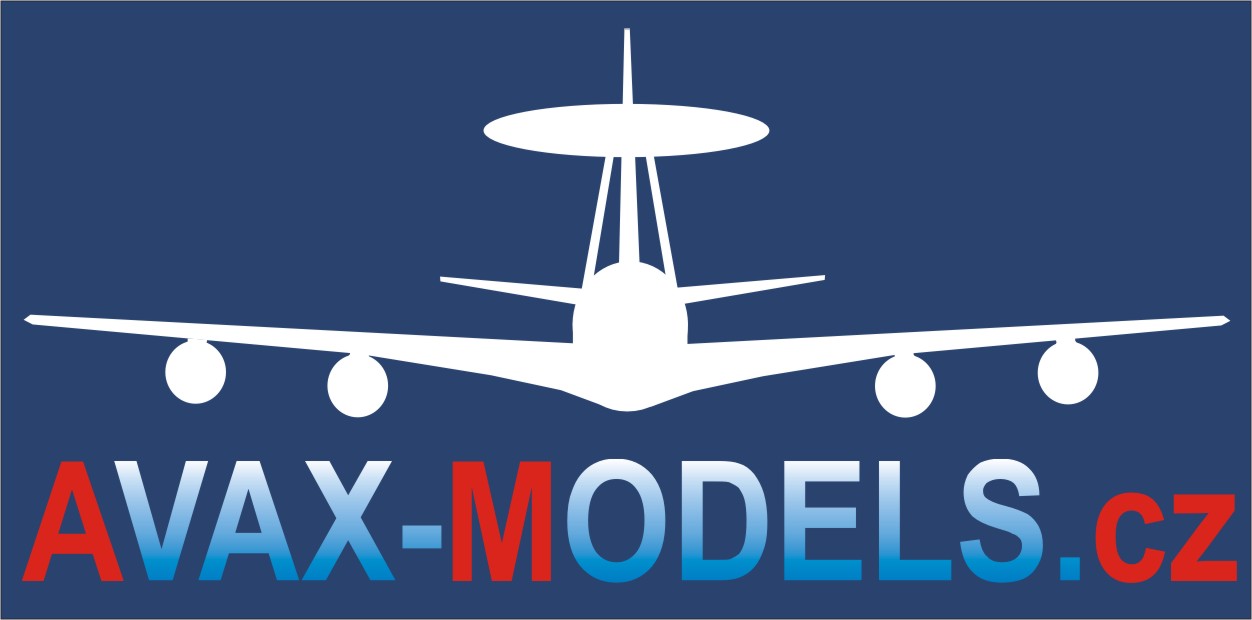
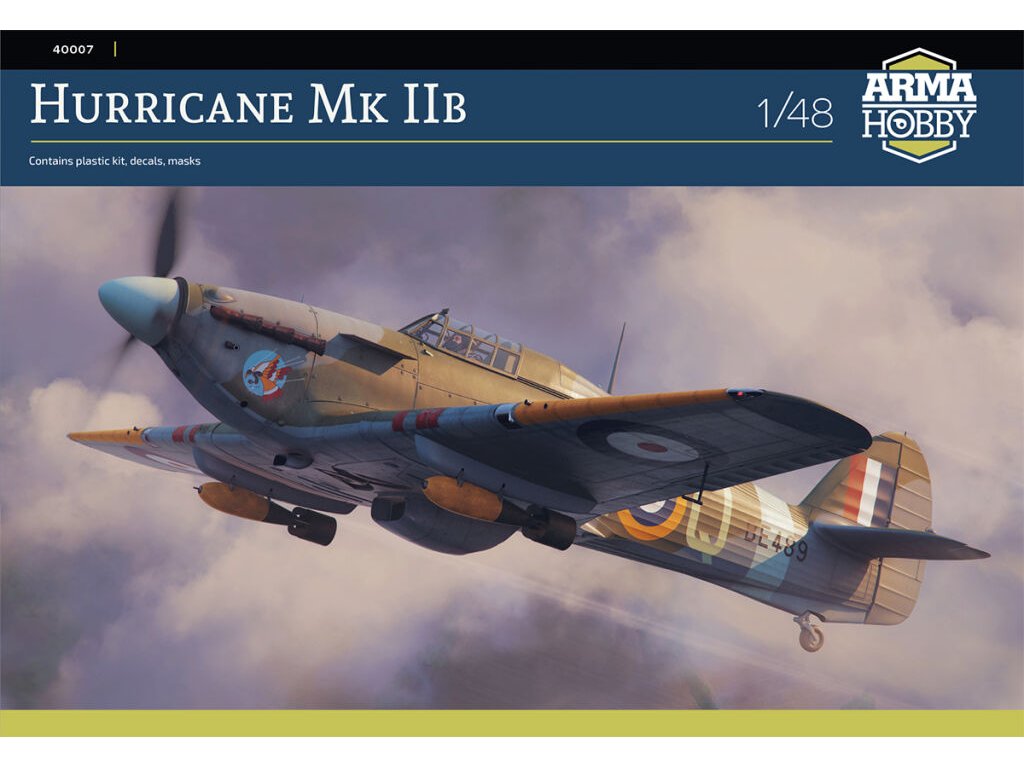
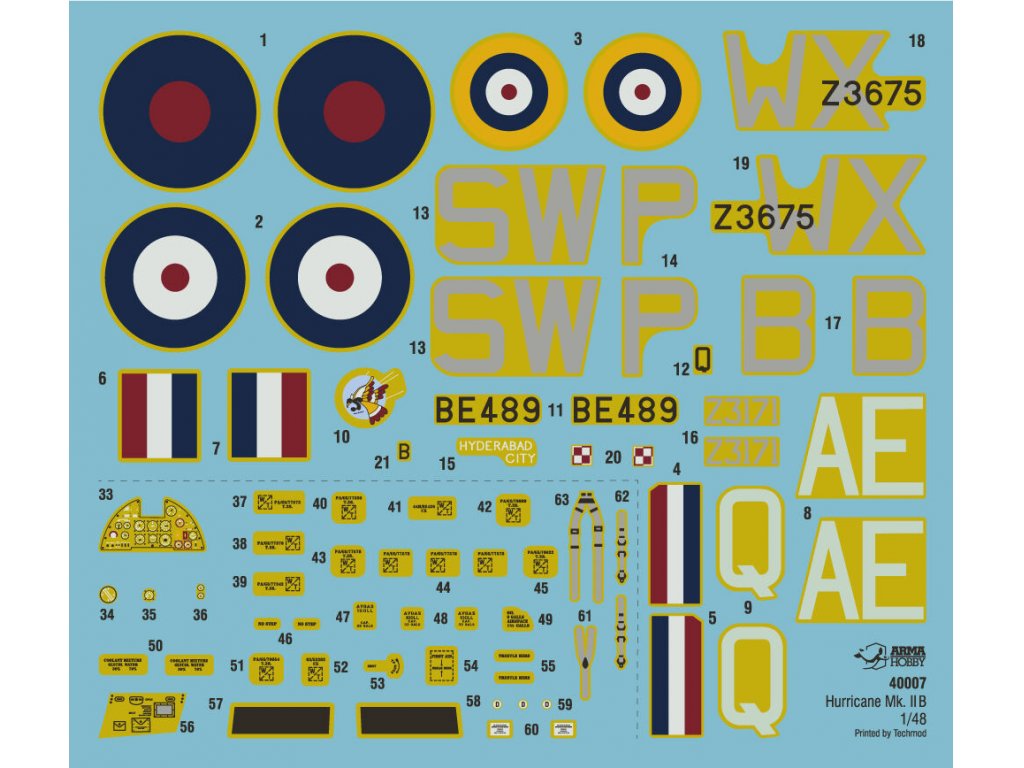
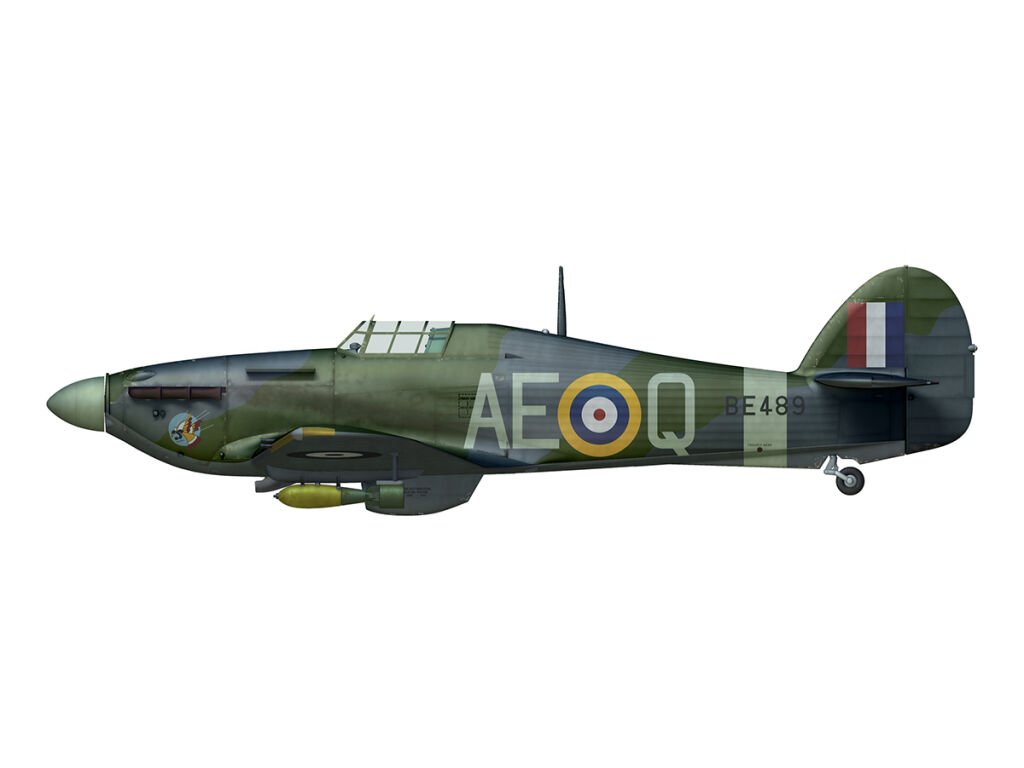
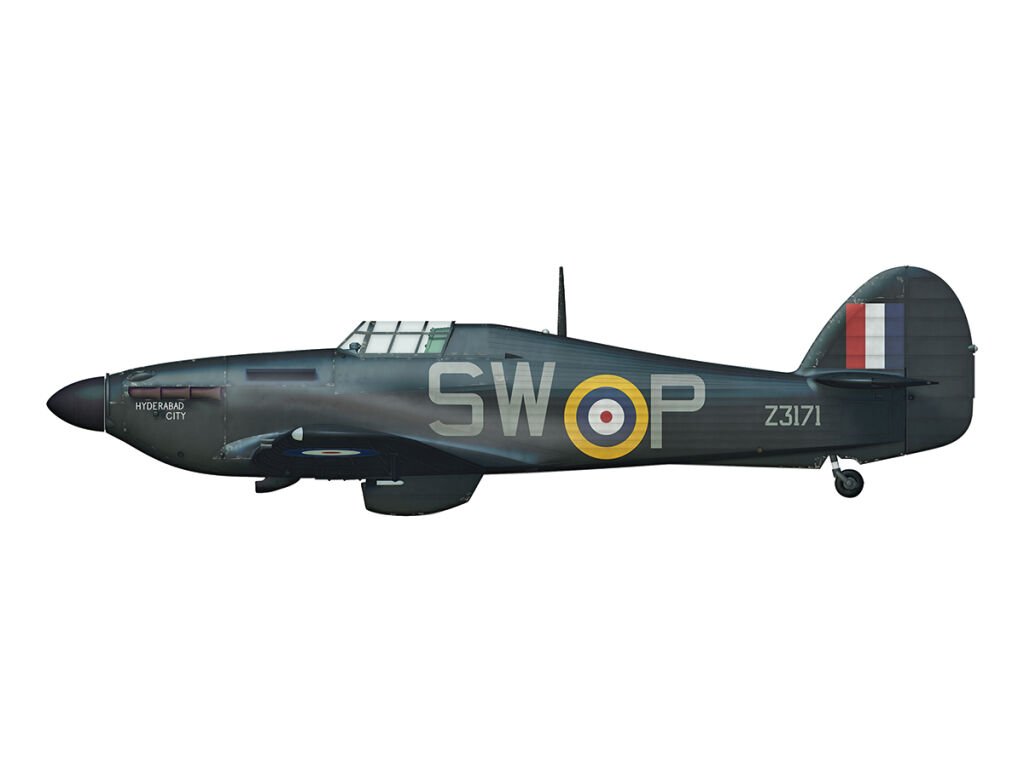
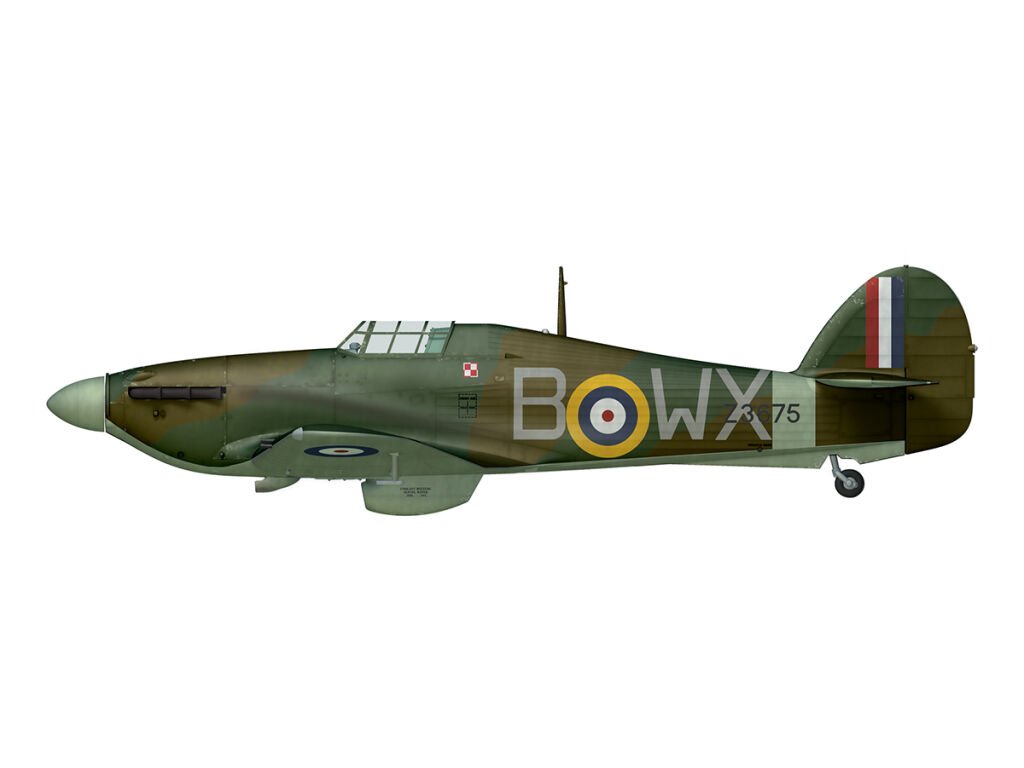





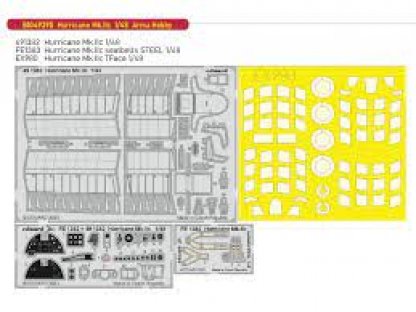

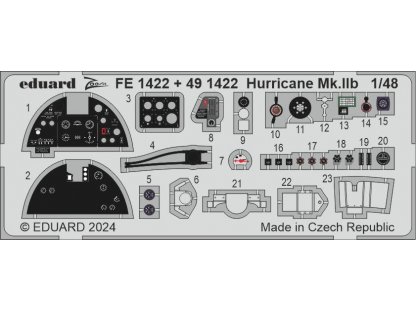
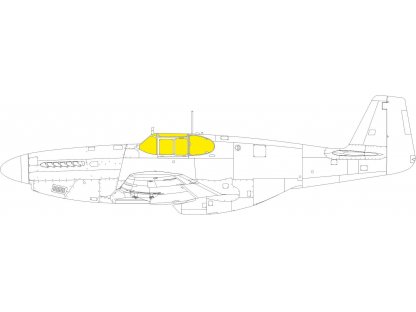
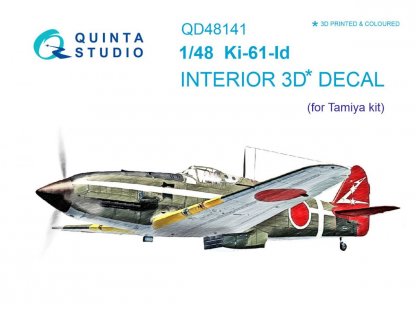
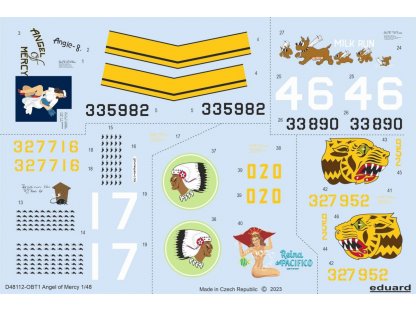
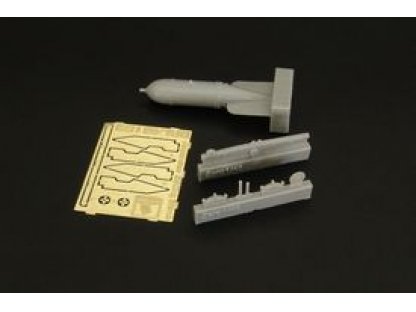

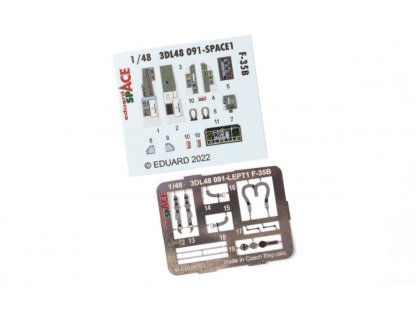
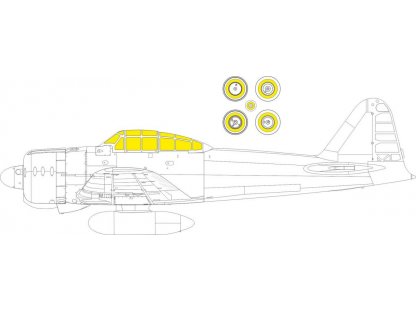
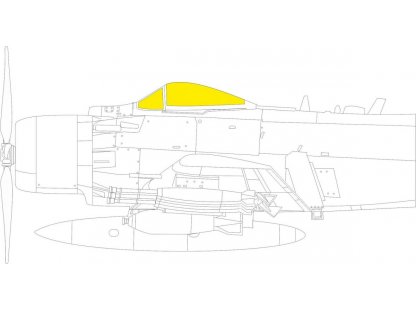

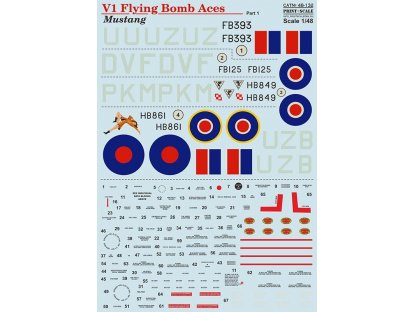

 Cookie - Nastavení
Cookie - Nastavení
